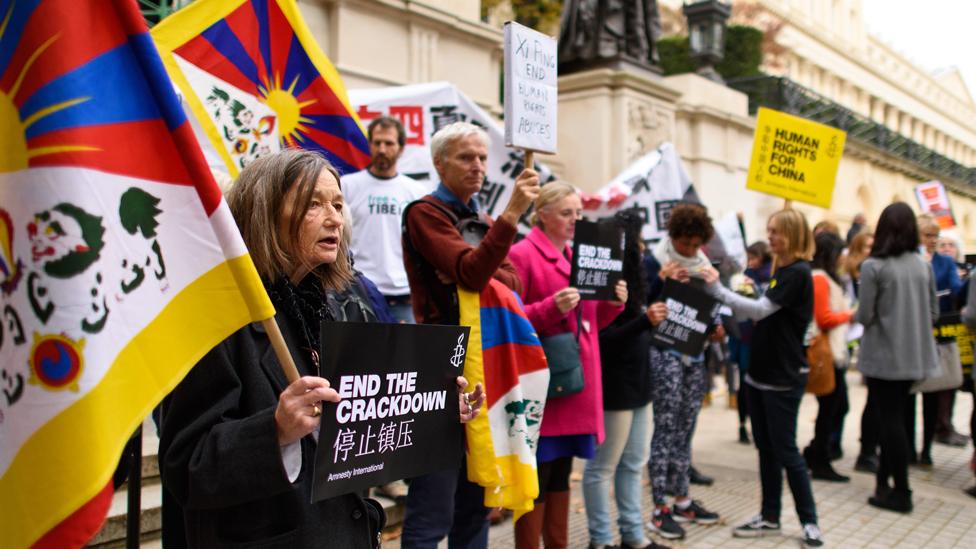One man's surprising defiance on Chinese legal rights
- Published
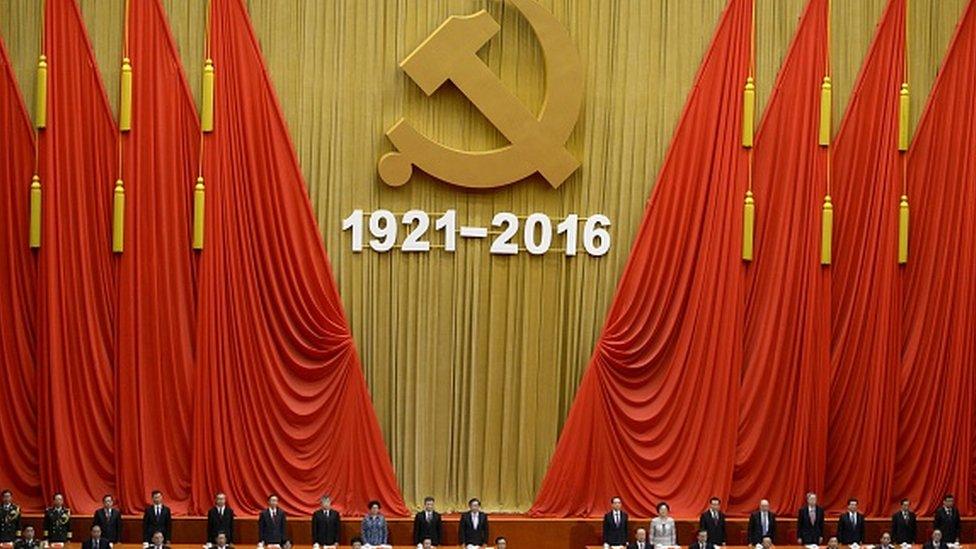
In a one-party state, principles for citizens often seem like a dangerous and expensive luxury
The year 2016 has been another grim year for those campaigning for human rights in China.
On freedom of speech, religious expression, trades unions and a host of other issues, China's one-party state continues to punish those who try to insist on their constitutional rights.
Meanwhile, through propaganda and censorship it works hard to nurture an unquestioning herd mentality and to discourage any exploration of individual values. But even in this unpromising landscape, defiance takes root in unlikely corners.
'Miscarriage of justice'
We were in the private dining room of a showy restaurant and the boss was already slurring his words. A large man with a level gaze, he'd finished one bottle of fine French wine and was moving on to a second.
As he lit a cigarette, two glasses went over like nine pins, one splashing red wine across the table and the other smashing on to the floor.
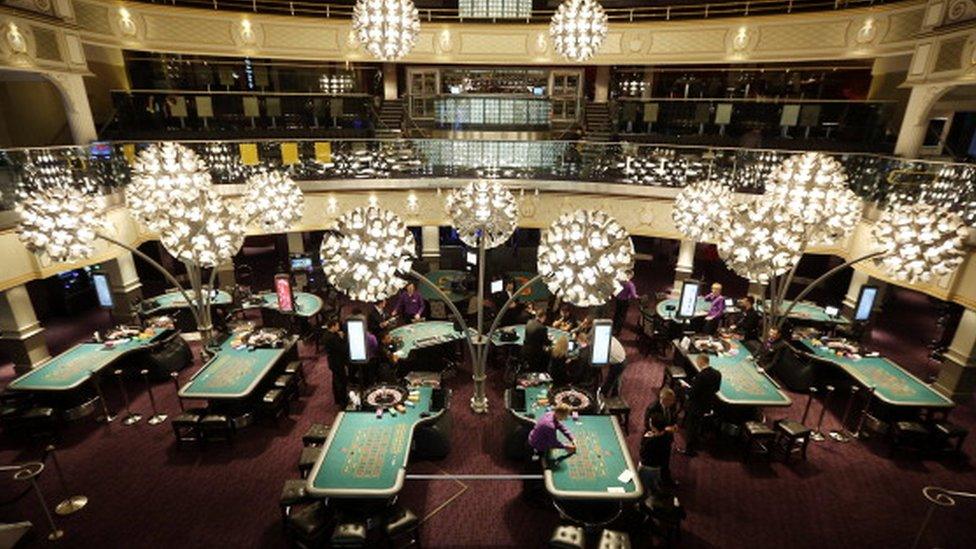
If influential people join the fight for legal rights - in between trips to London's casinos - then perhaps progress really is coming
But he barely seemed to notice and went on telling me how he'd loved London's casinos when he stopped off on the way back from visiting his daughter's British boarding school.
Imagine my surprise, then, when across the dishes stacked with roast duck and dumplings, this local Mr Big suddenly thrust at me a brown file full of well-thumbed papers.
"Fifteen years I've been fighting this miscarriage of justice," he declared. A handbrake turn from talk of boarding schools and casinos.
He told me he'd got embroiled in a factional power battle. One local Communist Party boss wanted him to dish the dirt on a rival.
Nine members of his family had been detained and interrogated and when he wouldn't sign statements incriminating the political target, he himself was jailed on charges of tax evasion.
Even worse, a cousin had died mysteriously in police custody. By the time he'd got to the end of this grimly familiar story of crime and injustice, the second bottle of red wine was empty and we'd long run out of things to toast.
'The unreasonable man'
Now I don't usually see it as my job to deliver unpalatable truths to provincial restaurant bosses. The private dining rooms of China have seen more coldblooded politics than I will ever conceive.
But I had eaten his dinner and the least I could do in return was point out that he would not win his battle for justice and instead would waste a lot of money and a lot of political capital in the process of losing.
"I don't care about the money!" he replied. "The innocent must never give up on justice. I'll campaign for this wrong to be righted till the day I die."
Well that brought me up short. I'm not used to private citizens standing on principle in China, especially not rich people. After all, this is a huge, homogenising society under an authoritarian one-party state.
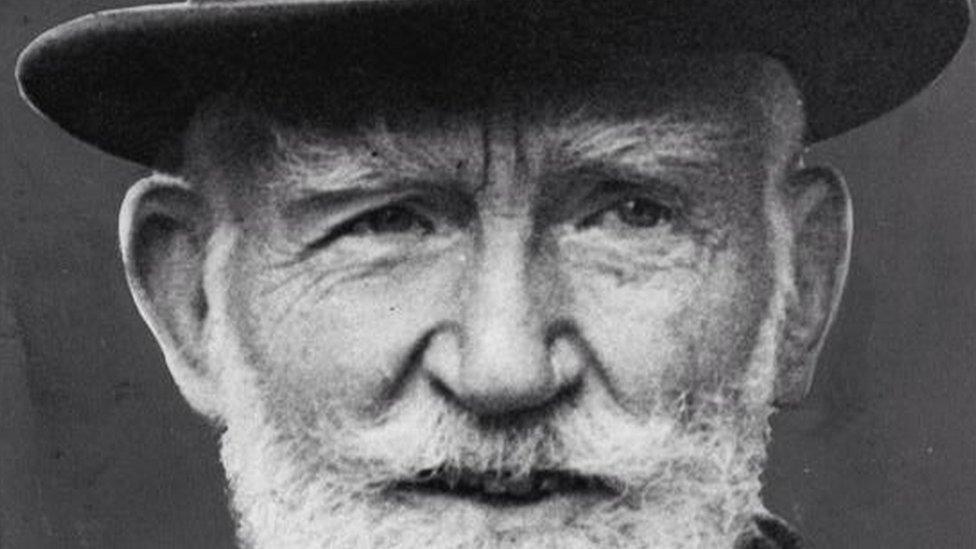
George Bernard Shaw: Progress depends on the unreasonable man
Principles often seem like a dangerous and expensive luxury. Yes, Communist Party leaders make speeches about principles, but for the public that's even more reason to regard such talk as arrant hypocrisy.
I'd even go so far as to say that many Chinese people today are actively intolerant or suspicious of those who stand up for values.
George Bernard Shaw may have written, "the reasonable man adapts himself to the world: the unreasonable one persists in trying to adapt the world to himself. Therefore all progress depends on the unreasonable man".
But you don't hear people quoting that in China. Instead there are plenty of proverbs telling people to keep their heads down or they'll get them lopped off.
George Bernard Shaw's unreasonable man is plain crazy in this worldview. Not someone heroic and brave, but a loser who will go down and probably take his family and friends with him.

Find out more
From Our Own Correspondent has insight and analysis from BBC journalists, correspondents and writers from around the world
Listen on iPlayer, get the podcast or listen on the BBC World Service or on Radio 4 on Thursdays at 11:00 BST and Saturdays at 11:30 BST

It's not so surprising given that people with convictions are the enemy to a paranoid political class which regards alternative values as an existential challenge.
But at this dining table I was now rethinking my assumptions about the people standing up to the system and shrugging off the crazy tag.
I'd recently met a renegade bishop who was defying both the Vatican and the Chinese Communist Party.
And when I noted that many Roman Catholics were calling him crazy, he observed that people had called Jesus Christ crazy too.
I'd observed brave human rights lawyers standing up for imprisoned colleagues. And young politicians in Hong Kong resisting Beijing's surreal version of democracy.
But the story that made me stop and think was this one among the wine stains and the scallops sprinkled with cigarette ash… a well-fed restaurant boss with so much to lose from upsetting local party bosses determined to join the ranks of George Bernard Shaw's unreasonable men and women.
If people like this join the fight for legal rights - in between their trips to London's casinos - then perhaps progress really is coming.
- Published10 December 2016
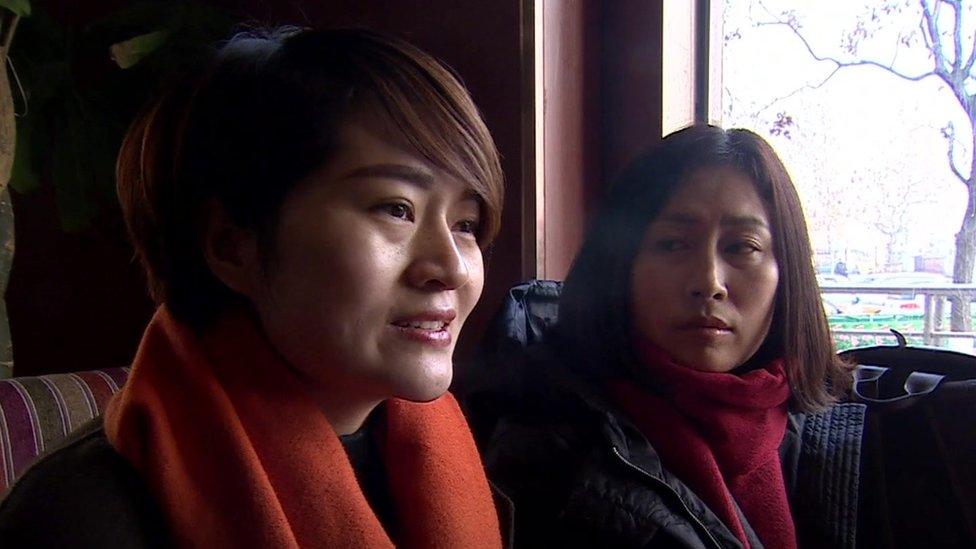
- Published9 December 2016
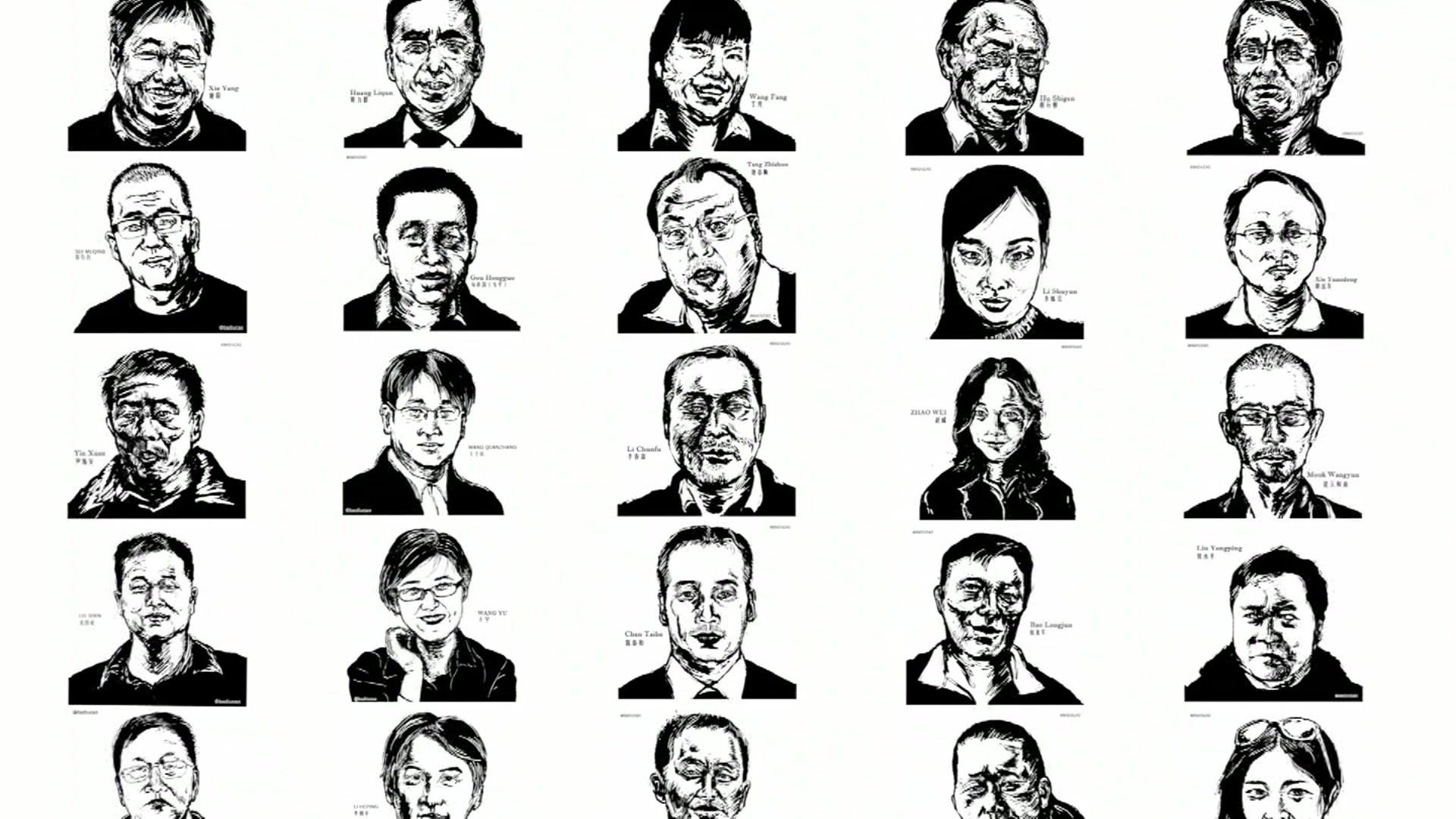
- Published6 December 2016
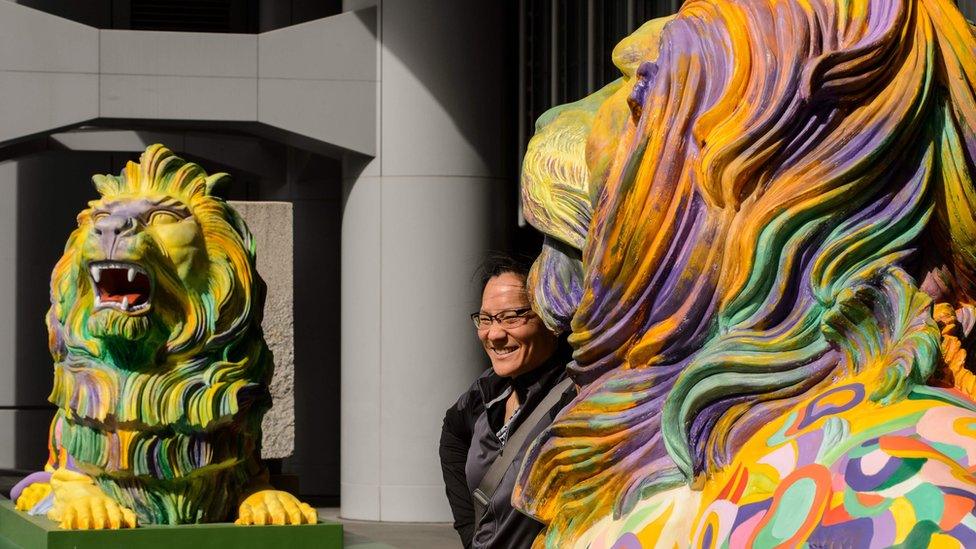
- Published2 December 2016
- Published22 September 2016
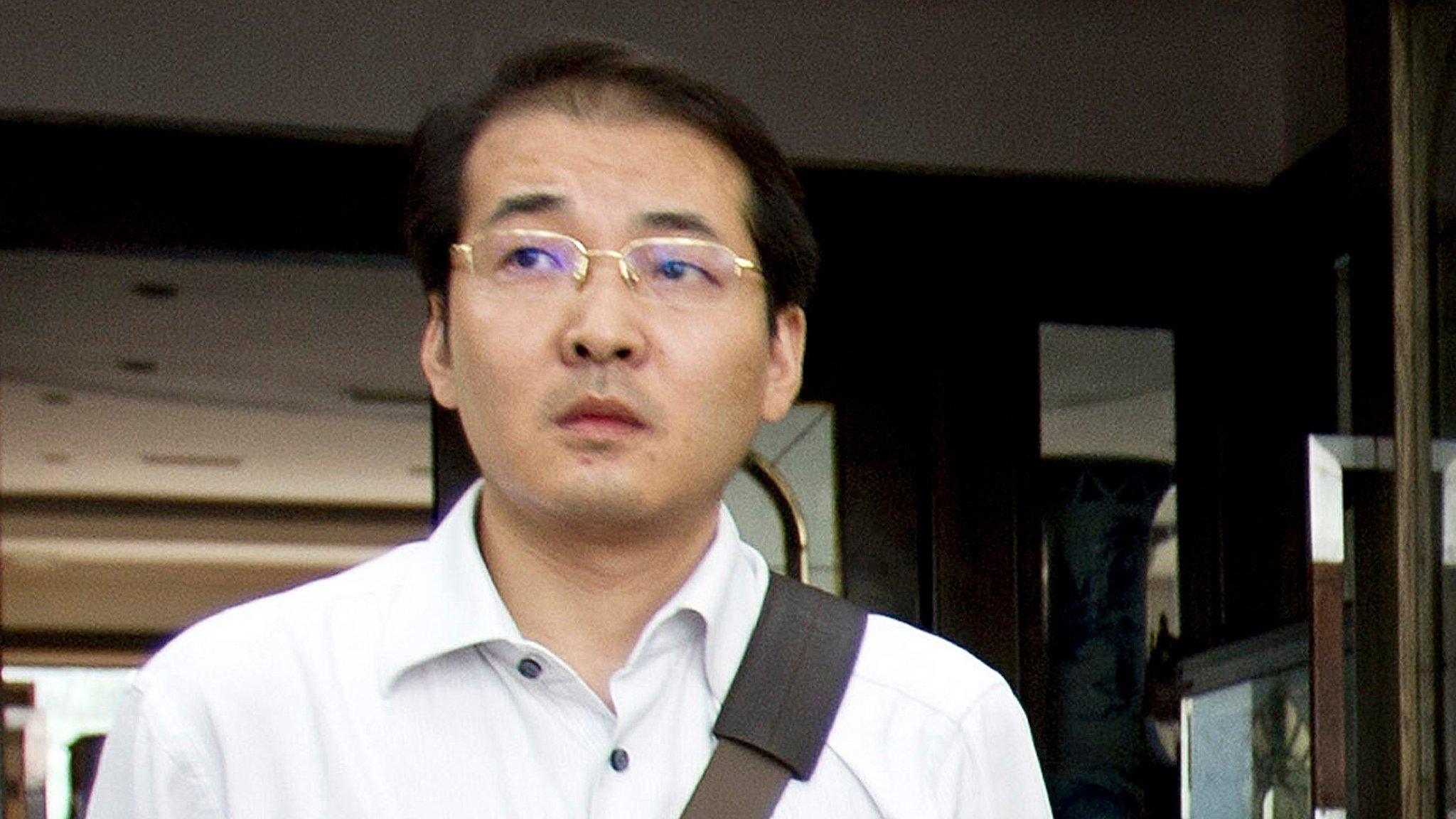
- Published21 October 2015
